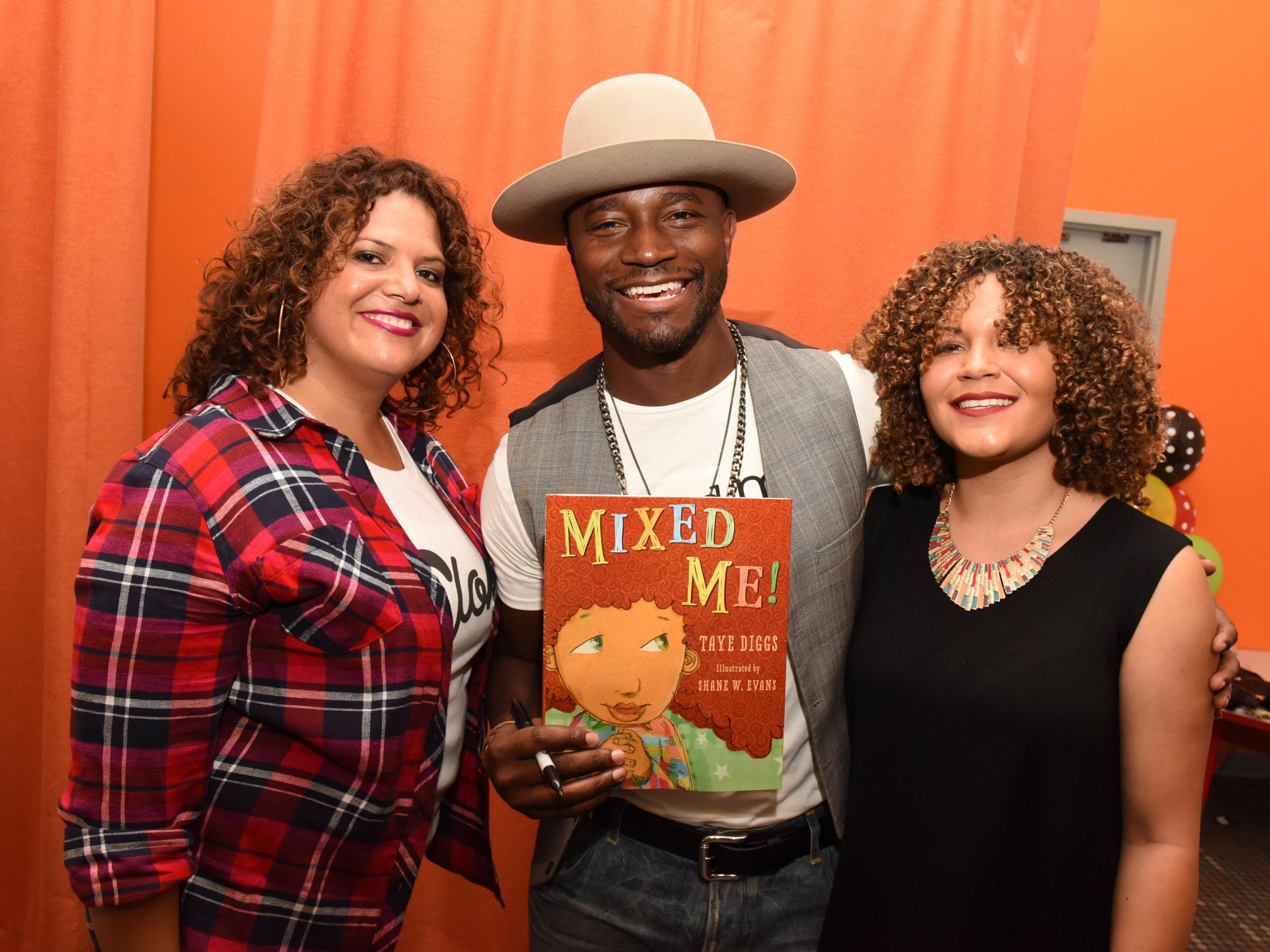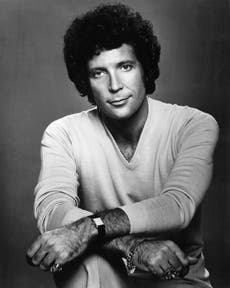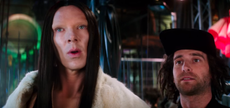When society sees my mixed race children as merely "a lighter shade of black", it does them a disservice
My daughter says to me, "Nobody has ever said to me 'Do you feel white?"

I am a divorced black woman with two mixed race children. Do I want my mixed race children to identify with me as a black woman, or their white father - or both?
The actor Taye Diggs caused a media storm in an interview last week on the website Grio by saying that he teaching his mixed race son to identify with the races of both his parents and he would like him to be identified as mixed and not black. He has been accused of self-hate and being ashamed of being black, which he has refuted in a recent Instagram post.
I shared an article about this on my Twitter feed and got a mixed response which surprised me. Most were positive but, one gave me cause to pause it: "I reckon he should identify with the human race given that's what he is part of."
While agreeing that race is a social construct and we are all indeed part of the human race, I didn’t think that response showed any understanding of where Taye was coming from.
As a black mother of mixed race children I understand where Diggs is coming from: having mixed race children does change your perspective on the world. It has made me more conscious of my own identity, and made we want to ensure my children also knew their own shared history and background so they might better shape their world view. They are just as white as they are black, after all.
Taye grew up in a predominantly white area and, from what I can gather, had a hard time there. I grew up in small Midlands town where there were about six black children at the large secondary school I attended. It was strange isolating experience which gave me a very warped sense of self of identity, beauty and self-worth.
Taye and I both married people from a different race, we both had marriages which lasted some time, and both marriages produced beautiful children. We are both now sadly divorced from our partners and trying to bring up our children to understand the world they have been brought into and hoping to develop in our children pride in themselves and a knowledge of their self-worth.
Some of that self-worth comes from your identity as a person and part of your identity comes from your race and how the world sees you. My children do not see themselves a black in the same way as I see myself. I choose very deliberately to live in a very multicultural area of London, so they wouldn’t have to endure what I did, and their experiences of childhood are vastly different to mine. Additionally, their father was with us as a family for a large part of their childhood, and his influence and that of both our extended family has been very strong.
I'd like society to have greater respect for my children's desire to self-identify as biracial, rather than black. That society would merely compartmentalise mixed race children as merely a lighter shade of black does them a disservice.
Diggs has written a book about his experiences as a black boy in a white area called "Chocolate Me" and has followed that up with a book about a mixed race boy called "Mixed Me" inspired by his 6-year-old son.
My children tell me that society sees them mainly as black or as someone whose race needs to be figured out and assigned. They resent having to choose, and they shouldn't have to. My daughter says to me, "Nobody has ever said to me 'Do you feel white?"
Society may currently see my mixed race children as black, but that’s not how they see themselves. They are part of a new group of children of mixed heritage who respect all parts of their culture - and that is to be celebrated, rather than ignored.



Join our commenting forum
Join thought-provoking conversations, follow other Independent readers and see their replies